
The Sanctions on Iran are Working
The Trump Administration announced this week that it intends to grant few – if any – exceptions to its sanctions on Iran.
“We’re not just going to stop at where the sanctions were in 2015,” said National Security Adviser John Bolton after a visit with Israeli officials in Jerusalem. “Our objective really is essentially we’d like to say no waivers to the sanctions.”
In the past, US Administrations have offered companies waivers to engage in business with Iran under certain situations – including trade in medical and humanitarian goods. Those exceptions will remain in place, but other permissions allowing companies to trade with Tehran through foreign subsidiaries will be removed in November.
All sanctions that had been lifted in 2015 by the JCPOA should be re-imposed on Iran by early November.
As per sanctions that went into effect in mid-August, Iran is no longer able to:
- Purchase US banknotes and commercial aircraft
- Trade in gold, food, and other goods
- Enjoy access to the software and automotive sectors
Tougher sanctions on Iran’s oil sales and banking sector are expected to go into effect in November. The Administration has also warned allies they could face sanctions from the US if they continue to purchase Iranian oil after November 4th.
“Let me be clear, the reimposition of the sanctions, we think, is already having a significant effect on Iran’s economy and on, really, popular opinion inside Iran,” said Bolton. “I think the effects…are even stronger than we anticipated,” he continued. “But Iranian activity in the region has continued to be belligerent: what they are doing in Iraq, what they are doing in Syria, what they are doing with Hezbollah in Lebanon, what they are doing in Yemen, what they have threatened to do int he Strait of Hormuz.”
The Trump Administration’s pressure campaign on Iran is designed to weaken its military posture in the Middle East and to convince Tehran to abandon its nuclear program, but for Iranians, the effects have been purely economic.
Iran was already struggling with high unemployment, political unrest, and inflation before Trump pulled out of the JCPOA.
The reimposition of sanctions has led to sharp increases in the price of food and airline tickets, exacerbated Iran’s housing affordability crisis, and caused shortages of imported medicines.
The value of the rial has dropped nearly 50% since April.
“We are in crisis because of the government and people don’t trust the government,” said one Tehran resident.
“There is disappointment inside the country,” explains Majid Nejad, founder of one of Iran’s largest travel agencies. “People are more free to travel outside the country, but no one has the money to go. People are seeing their spending power decrease by half.”
Meanwhile, analysts predict the upcoming sanctions on Iran’s oil industry could result in an economic slowdown of more than 4% in 2019.
Editor’s note: Iran is currently blaming their economic problems on internal incompetence, which may be true. But the sanctions are having substantial effects, and it is getting tougher and tougher for the Islamic rulers to hide those effects. Will it lead to regime change? Hard to say at this point.


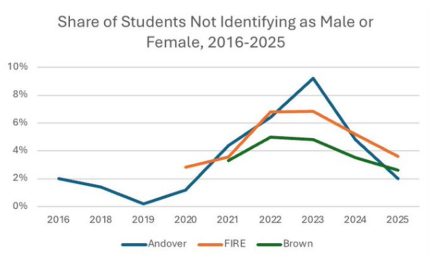




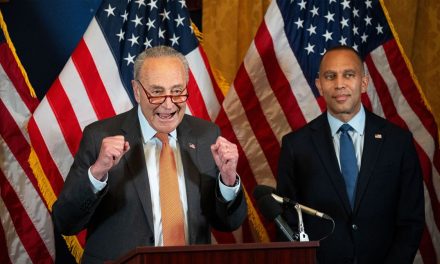

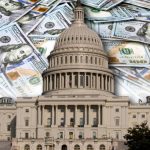

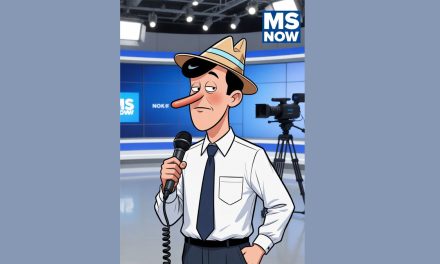




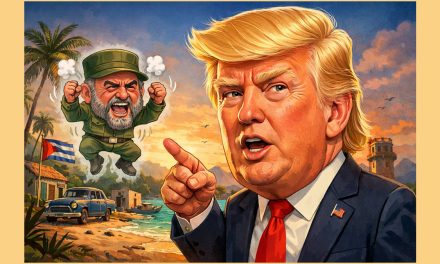









Sethsucksdick; prove it. You can’t. I just love watching Josh Hawley running away from his own people on 1:6/2021; there’s…
They don’t serve as well as conservatives. The democrats will work hard to get out of work. The only focus…
Commucrats HATE any conservative that is effective! Christy is doing the job that a major majority of Americans want! You…
Benedict Arnold was a true patriot until he wasn't! kelly is a pizza chip azzclown! He stole his election, and…
Go for tymer, get a lawyer and go for it. Sounds to me like you had an unfortunate dating experience…